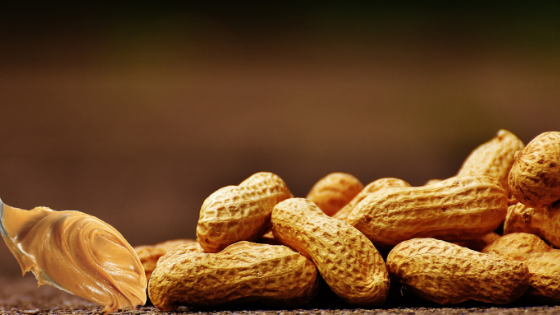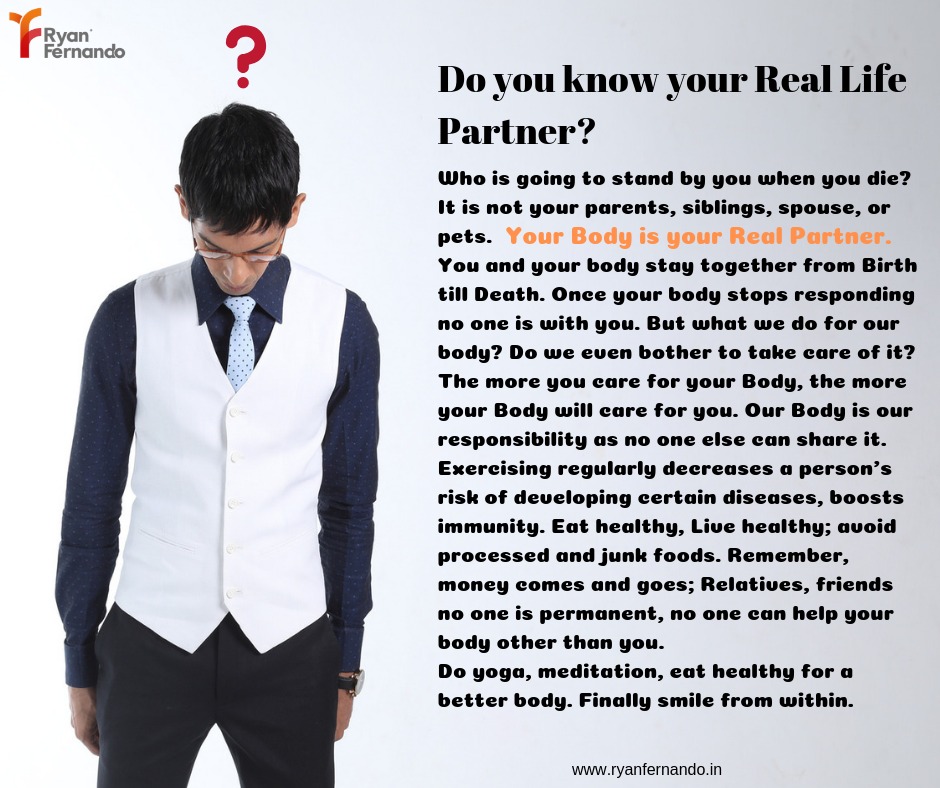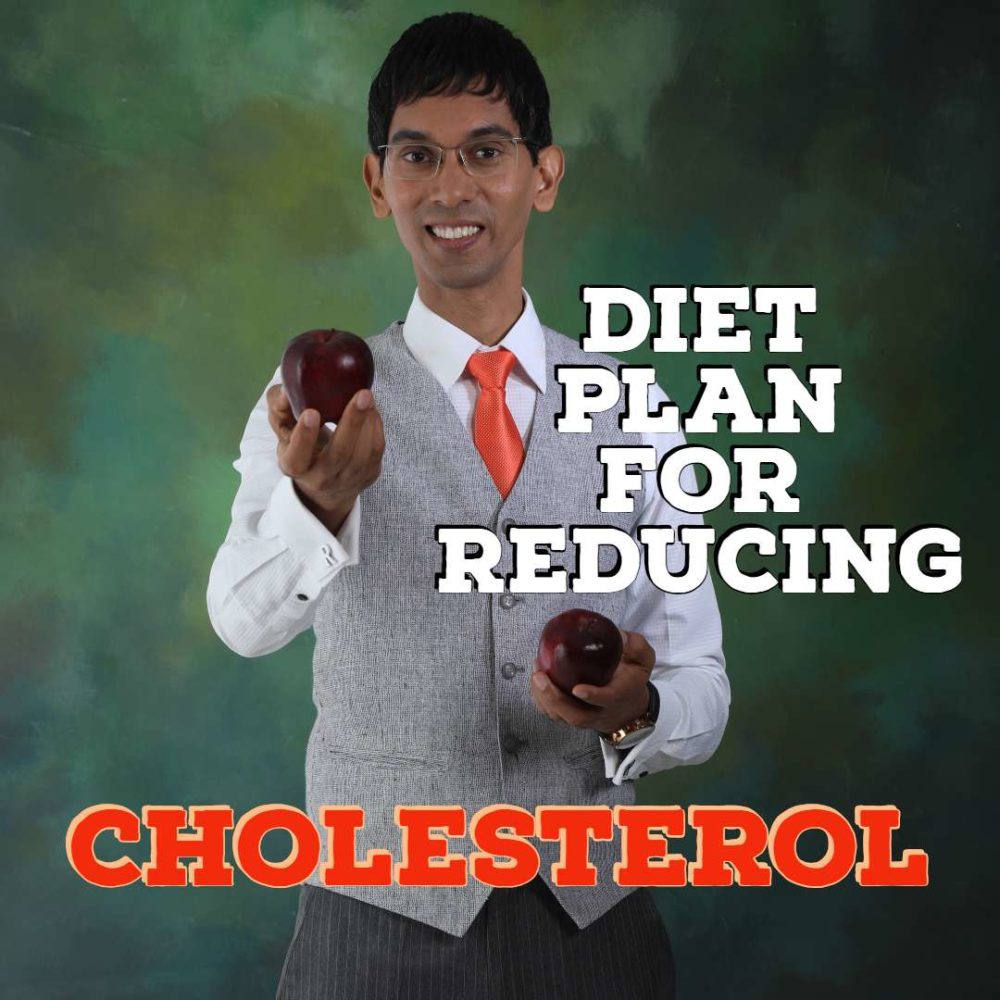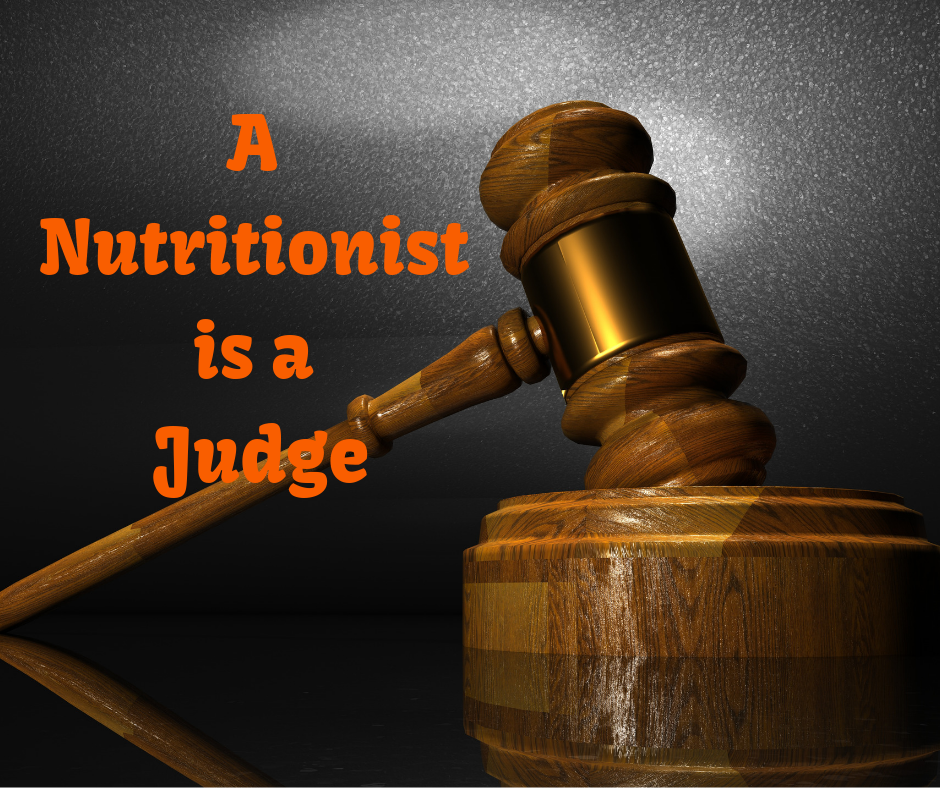Is peanut butter good or bad for you?

2024-02-26 08:24:34
Is peanut butter good or bad for you?
Ryan, is peanut butter good for me? So many of my clients have asked me the same question. We need to stop putting our food categorically into any bracket. I am a nutritionist who loves all the food and can’t stand tags that have been imposed on certain foods available in the market.
For me the equation is simple, you can eat any food given that it’s been accepted by your body and is in alignment with your goals.
Coming back to the question “is peanut butter good or bad for you?”-it depends. It will depend on the genes, portion size, eating habits, activity levels & the nature of the objective. I do recommend peanut butter but only through a structured nutrition plan where I exactly can know how much of dosage is ideal for any particular person.
Peanut Butter: Good & Bad
The Butterilicious : The all the good ones
1.Nutrition before the workout is crucial as it provides energy & power your workout which helps improve performance. The pre-workout snack can be whole-wheat toast with peanut butter and banana. It will provide you with complex carbs, which are significantly important for the workout for endurance. Plus bananas are a rich source of potassium which tends to drop when we sweat a lot, as for peanut butter, it is high in protein and it digests easily.
2.Nutrient dense food, a good source for protein, complex carbs & fibers. Antioxidant resveratrol in peanuts may help reduce the risk of CVD & Alzheimer’s disease.
3.Peanut butter contains heart-friendly monounsaturated fats which are good for heart and waistline. However, genetic background plays a key role in the response to MUFA intake. People of certain genetic type tend to gain weight upon consuming MUFA i.e. you may have a genetic tendency for higher BMI on high MUFA diet. It is advised to do a genetic testing to know if your gene accepts MUFA. To know more about genetic testing visit https://quanutrition.com/Nutrition_packages/genetic_nutrition.html
4.The unsaturated fats, Vitamin E & B Vitamins help improve brain function. It has been shown in some research that eating nuts can assist enhance awareness, memory, and recall.
5.Peanut butter is wealthy in numerous vitamins and minerals such as copper, folate, B vitamins, potassium, manganese, zinc, phosphorus and potassium which can fulfill your RDA.
6.Eating peanut butter can help you combat stress & enhance sleep. It contains beta-sitosterol which helps reduce high cortisol levels and balance them out with other hormones during times of stress. Study indicates that beta-sitosterol also helps to reduce colorectal cancer risk.
7.It also contains an amino acid known as tryptophan which is the forerunner of serotonin and melatonin sleep hormones, making it the perfect night time snack for better sleep.
8.Peanut butter contains Genistein, a compound that works straight on obesity genes, helping to diminish the capacity of your body to store fat.
9.Peanut butter binds to calcium and iron & is said to be elevated in oxalate which may result in calcium/iron deficiency.
The Buttery-Slippery: The ones you must also consider
1.Peanuts are wealthy in omega-6 fats that boost inflammatory mediator development and lacks omega 3 fats that help reduce inflammation. So peanut butter should be complemented with a diet rich in omega-3 foods such as fish, walnuts & flaxseeds oil.
2.Choice of peanut butter is of vital importance. Some processed peanut butter contains unhealthy additives. The low-fat peanut butter is worse they often hike the sugar. The flavored peanut butter contains added sugar which when combine with fats promotes fat storage.
3.Peanut butter that contains hydrogenated vegetable oil in its ingredient list could damage your cells. Hydrogenated oils are unhealthy fats which supersede healthier fats in cellular membranes, resulting in inflammation and making it tough for your hormones to communicate with cells. It also increases LDL and lowers HDL in your body.
Choose the right peanut butter for you
1.When purchasing peanut butter try to select one that has peanuts as its only ingredient.
2.Look for a “natural” label as it will not contain added components such as palm oil.
3.Read the label carefully and be mindful of ingredients used while purchasing one with some added oil or salt.
4.Look at the oil that has been used in the preparation. Avoid hydrogenated oil & choose the one with the healthy oil.
5.Avoid low-fat peanut butter. Often one ingredient is compensated by using another ingredient. In low-fat peanut butters, the eliminated fats are replaced by added sugar.
6.It is very essential to store natural peanut butter properly to prevent separation of the fat, so maintain the bottle upside down to guarantee remixing.
In a (pea)nutshell, whether peanut butter is healthy or not will depend on your QUA. If eaten within your capacity it has to offer various benefits. My advice is to consult a dietitian/nutritionist before you take up any food/diet. You can reach out to me or my team at www.quanutrition.com.
Ryan Fernando is an Award-winning celebrity Sports Nutritionist with 2GUINNESS world record and 2 Olympic medals under his belt. His client list include Olympic wrestler Sushil Kumar, cricketer Shikhar Dhawan & bollywood superstars Aamir Khan & Abhishek Bachchan. He is Chief Nutritionist at QUA Nutrition Signature Clinics.




